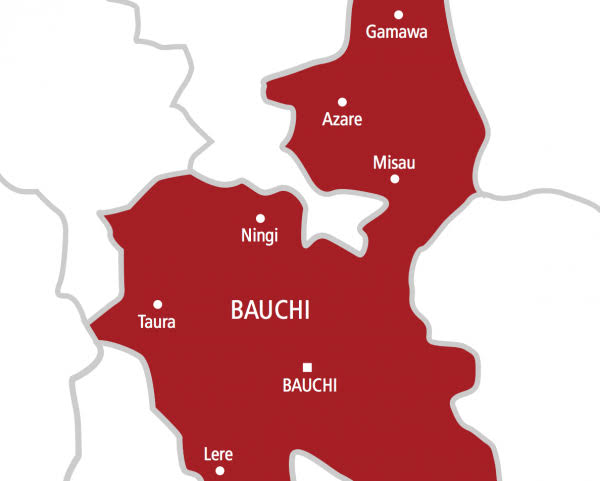The Bauchi State Government has declared that the state has not recorded any cases of cholera in 2024, despite being on the National Centre for Disease Control (NCDC) watch list.
The declaration was made by the Commissioner of Health, Dr. Adamu Umar Sambo, in a telephone conversation with our correspondent on Monday.
According to him, “I can confidently tell you that we haven’t had any reported or confirmed cases of cholera in Bauchi State since the beginning of 2024.”
He added, “The few suspected cases we had turned out not to be cholera. Currently, we are focused on maintaining control measures and educating the public about personal hygiene, environmental sanitation, water hygiene, and other health issues.”
The Commissioner mentioned, “We are collaborating with BASEPA and other relevant agencies to improve drainage systems to ensure water flows freely without contaminating clean water sources.”
“So far, we have not had any confirmed cases in 2024. We are working with all relevant agencies to prevent an outbreak,” he concluded.
ALSO READ:EKSU ex-VC harps on alma mater development
Also commenting on the situation, Executive Chairman of the State Primary Healthcare Development Agency (BASPHCDA), Dr. Rilwanu Mohammed, stated, “Although the NCDC announced that Bauchi is among the states with cholera cases this year, we don’t have any confirmed cases yet, only some suspected cases that turned out not to be cholera.”
He added, “In January 2024, we had 30 suspected cases from Itas/Gadau LGA. In March, we had three suspected cases in Ningi LGA, all of which tested negative. Since we have had suspected cases, we are on the NCDC’s vigilance list.”
Dr. Mohammed stressed, “With this situation, we need to prepare well as a state. Immediately after we saw the figures in January, the Agency set up a Technical Working Committee on Cholera headed by an epidemiologist, and I was actively involved in the meetings.”
He explained that the meetings were to collaborate with donor partners and prepare for a potential cholera outbreak, given the suspected cases. The Committee includes UNICEF, WHO, Breakthrough Action Nigeria, and other Agency staff.
They developed an Incident Action Plan outlining the resources needed for cholera response in 2024.
He noted that the Committee completed this plan four months ago, with each partner knowing their contributions in case of an outbreak.
UNICEF is handling social mobilisation alongside Breakthrough Action Nigeria, a USAID-funded project, while WHO is responsible for surveillance, actively searching for cholera cases and reporting back to the Committee.
Dr. Mohammed added that the government is working on acquiring chlorine for disinfecting wells and water reservoirs across the state to reduce water contamination.
He identified open defecation as a major source of various health challenges, including cholera, saying, “If water sources are contaminated, there will definitely be a cholera outbreak.”
Dr. Mohammed mentioned that reagents will be procured for testing suspected cases to avoid the situation that occurred in 2022, during which many lives were lost to an outbreak.
He assured that the government is doing everything possible to prevent a cholera outbreak in Bauchi State, or if it occurs, to contain it immediately and prevent it from spreading across the state.
